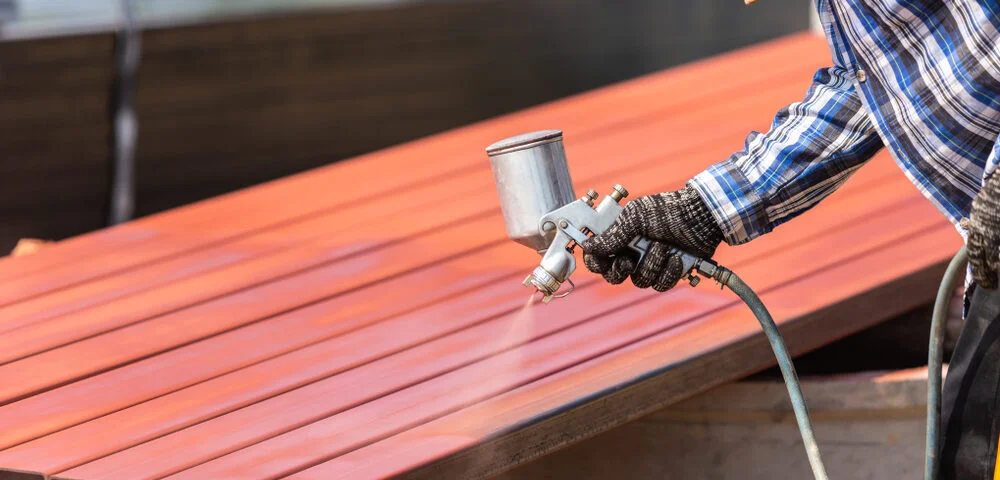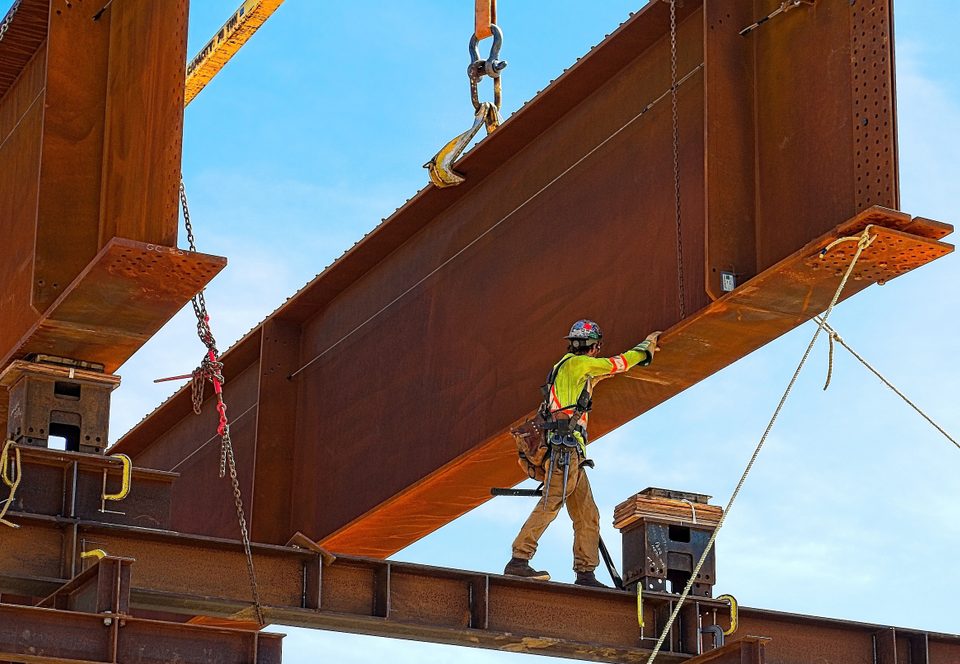Rust Prevention Tips for Steel and Other Ferrous Metals

Adding Rust Qualities to Steel Materials
March 4, 2022
Basics and Advantages of Duplex Steel for Utah Clients
April 1, 2022There are a few major risks involved when rust begins taking place on any steel or other metal, from its damage to the metal’s integrity to negative impacts on aesthetics and more. Luckily, those working with steel and related metals have several basic tools available to them for reducing or even eliminating the risk of rust on their products.
At Wasatch Steel, we’re here to not only provide a huge range of steel sheet, steel bar and other steel products, but also expertise on their use and care. How does rust happen on steel and other metals, and what can you do to prevent this from happening? Here’s a basic primer.
How Rusting Happens
When it comes to rust on metal, the primary element to be thinking about is iron. When iron reacts with oxygen in water, saltwater, acids or other chemicals, it forms iron oxide, commonly known as rust. In the presence of humidity, this process speeds up, leading to the corrosion and eventual weakening of the metal.
Rust can form in two ways: through direct contact with the oxygen in the air or through a process called “bulk rusting.” Bulk rusting happens when small bits of metal come into contact with each other, causing an electrolytic reaction that creates rust. This is more common in large metal objects like bridges or buildings, which is why you’ll often see rust on the inside of metal before it’s visible on the outside.
Only Ferrous Metals
The term “ferrous” refers to metals that contain iron, and it’s important to note that these are the only metals that rust. Aluminum, brass and other non-ferrous metals will not corrode in the presence of oxygen, water or other chemicals.
Since nearly all steel types are ferrous, including carbon steel, alloy steel and stainless steel, they are all prone to rusting. However, the level of rust protection and prevention that’s possible depends on the type of steel, as well as the finish that’s applied.
Our next few sections will go over basic tips for how to prevent rust in your steel or other ferrous metals.
Proper Care
First and foremost, just taking good care of your metal will help to prevent rust. Always clean off any dirt, grease or other contaminants as soon as possible. If left on the metal, these can actually speed up the rusting process.
In addition, it’s important to dry metal surfaces as soon as possible after they get wet. Even a small pool of water can cause corrosion if it’s left long enough. You can prevent this from happening by promptly drying off any wet metal, or by using a rust-resistant coating.
Rust-Resistant Coatings
One of the best ways to prevent rust is to coat the metal with a substance that will protect it from oxygen and water. There are a few different types of coatings that can be used for this purpose, each with its own advantages:
- Sodium hydroxide and potassium nitrate: These two chemicals, when combined, form a coating that’s effective in preventing rust. It’s not very pretty, but it does the job.
- Paint: Paint is a common and easy way to protect metal from rust. It comes in a variety of finishes, including glossy, matte and textured, so you can choose one that will match the look of your product.
- Oil: You can also protect metal with a coat of oil. This is a popular method for protecting tools and firearms from rust, as it helps to keep the metal moist.
- Zinc: Zinc is another commonly used metal coating, as it’s effective in preventing rust and has a very long life span. This process is also known as galvanization, and is one that’s often added to various forms of steel.
Prevent Scratching
When steel or other ferrous metals are scratched or cracked, these damaged areas become able to hold water. This means that the rust will start at the scratch and work its way down, which can cause a lot of damage in a short period of time.
One way to prevent this is to smooth any rough edges on your metal product. You can do this with a file or sandpaper, or you can use a grinding wheel if you have one. In addition, it’s a good idea to avoid using harsh cleaning chemicals, as these can also damage the metal.
Choose the Right Metal
Some metals are more resistant to rust than others. Specifically, the best steel product to look for if you’re interested in rust resistance is stainless steel.
This is for a few reasons, including the fact that stainless steel contains chromium. This element helps to create a passive film on the surface of the metal, which protects it from oxygen and water.
In addition, stainless steel is less likely to be scratched or damaged, as it’s a harder metal. This means that there are fewer places for water and other rust-causing substances to penetrate.
If you’re looking for a metal that’s both strong and resistant to rust, stainless steel is a good option. However, it’s important to note that it’s not indestructible, and it will still require some care to prevent rusting.
Metal Conditioners
In any case where a scratch, dent or some other form of damage does take place to your metal, it’s a good idea to use a metal conditioner. This will help to protect the metal from further damage and will also stop rust from forming in the damaged area.
There are a few different types of metal conditioners available on the market, so you can choose one that will work best for your needs.
For more on how to prevent rust from forming on your steel or other ferrous metal products, or to learn about any of our steel services, speak to the staff at Wasatch Steel today.



